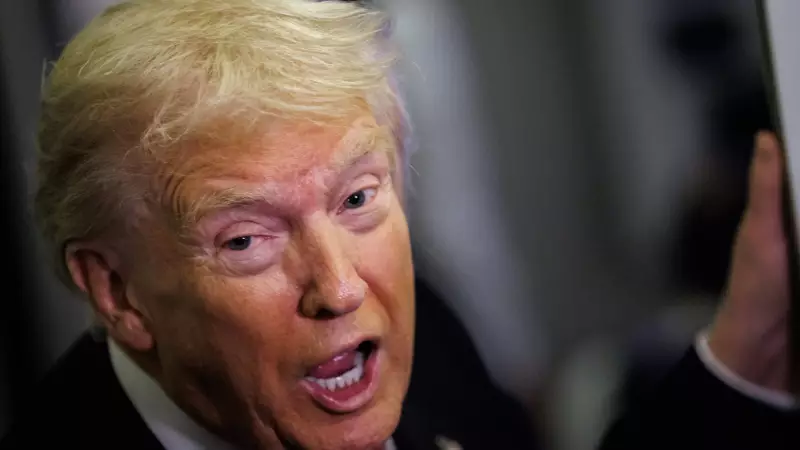
In a recent campaign event that left many observers scratching their heads, former President Donald Trump diverted from typical political discourse to make personal remarks about a rival's physical appearance. The incident has quickly become a talking point across social media platforms and political commentary shows.
Unconventional Political Commentary
During what was expected to be a standard political rally, Trump surprised attendees by launching into a comparison of physical appearances between himself and another political figure. The former president confidently asserted that he considered himself "better looking" than his counterpart, a statement that drew mixed reactions from the crowd.
Social Media Reacts
The unusual comments quickly spread across various social media platforms, with users divided in their responses. Some supporters cheered the former president's straightforward manner, while critics questioned the relevance of physical appearance in political leadership.
Political analysts noted that such personal remarks represent a departure from traditional campaign rhetoric, where candidates typically focus on policy differences rather than physical attributes.
Broader Political Context
This incident occurs against the backdrop of an increasingly heated election cycle, where personal attacks have become more common. However, the focus on physical appearance marks a new dimension in the ongoing political discourse.
Several political commentators have expressed concern that such remarks could further personalize political debates, potentially diverting attention from substantive policy discussions.
Historical Precedents
While physical appearance has occasionally surfaced in political campaigns throughout history, direct comparisons of this nature remain relatively rare in modern American politics. The incident has sparked discussions about the evolving nature of political communication and the boundaries of appropriate campaign conduct.
As the election season intensifies, many are watching to see whether this type of personal commentary will become more prevalent or whether it represents an isolated incident in the current political landscape.





